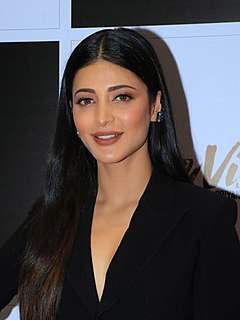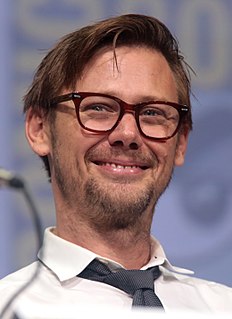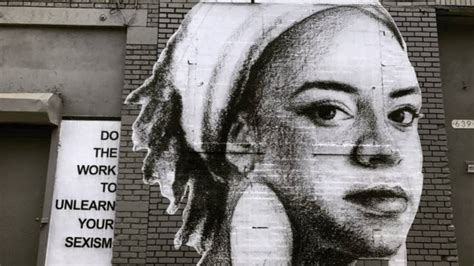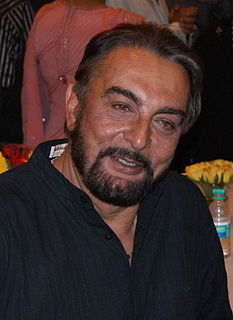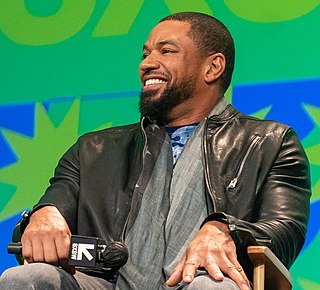A Quote by Paul Greengrass
I don't want to feel what I'm creating on film has an outcome that is preordained. I don't think of the world as a place with a divinity that shapes our end. What you try to do with film is create, as far as you possibly can, an unfolding present - a theatre in which an outcome happens and is tested.
Related Quotes
What disconcerts the modern world at its very roots is not being sure, and not seeing how it ever could be sure, that there is an outcome-a suitable outcome to evolution. Half our present uneasiness would be turned to happiness if we could once make up our minds to accept the facts and place the essence and the measure of our modern cosmogonies within a noogenesis.
On moral grounds, I think that if you believe a certain outcome is a very possible outcome, you have an obligation to tell people that. With global warming, the probability of a bad outcome if we stay on our current emission trends is incredibly high. If you know a bad outcome is likely to happen, what right do you have not to communicate that? You go into a doctor's office, what are they going to do - not tell you the diagnosis?
When you're making a movie, you don't think about the outcome. That's something I'm grateful for: whenever I go and do a new project, I never think about the outcome. It's always just about the work at hand. That's the fun part. The other part is always something I've had a struggle with, which is promoting the film. I know it's important.
It's the difference between a parable and a pamphlet. A parable discusses things that are relevant in the past, the future, and the present - regardless of the outcome in the present. A pamphlet, on the other hand, is completely concerned with affecting an outcome in the present, the most immediate present.
In creating the strange milieu in which your story takes place, you must first understand as well as you possibly can the familiar milieu in which your own life is taking place. Until you have examined and comprehended the world around you, you can't possibly create a complex and believable imaginary world.
I have never had great expectations of my performance or of a film. I try not to think about the outcome. If you look that far ahead, it sort of taints your choices as an actor. I try as hard as I can to believe that no one is ever going to see it and that it's not even a movie. Then you can allow yourself to bare more. Then, once a project is done, I tend to forget about it until it comes out.
I think we are making an assumption that that is the outcome of the negotiations. I think President Assad will be prepared to accept whatever the outcome of the intra-Syrian dialogue and the decision of the Syrian people is. But people are trying to decide and determine the outcome of the negotiation before even we agree to start the negotiations.
I think it's very important to get this stuff on film, not just the behind-the-scenes of the process, but also the interviews with the women. We're going to try to do some on-the-street filming, getting people's reactions to the work, and seeing if we can get some street harassment happening on film so people can see what we're talking about. It's important to have some type of documentation so people can see what happens when we create this artwork and why I'm creating it.








